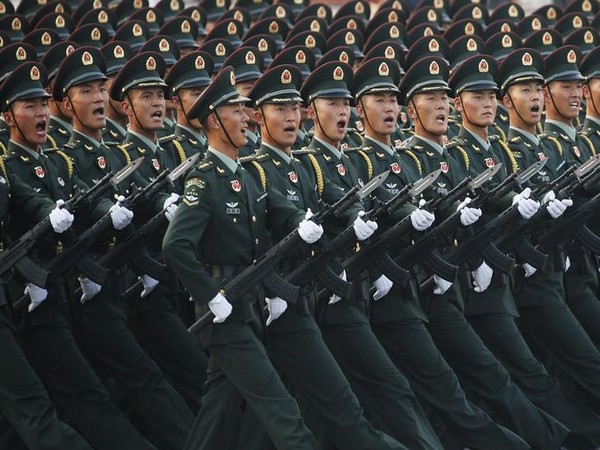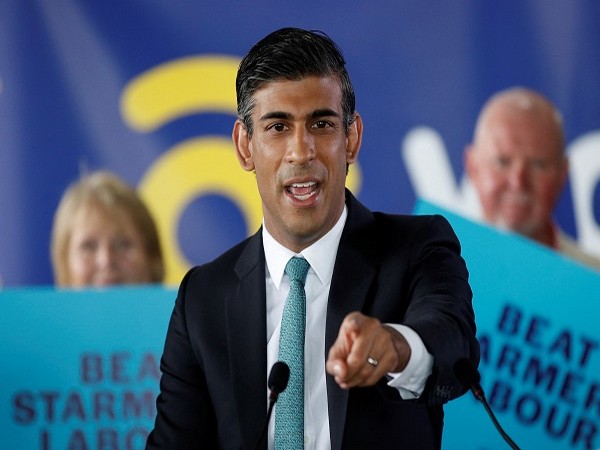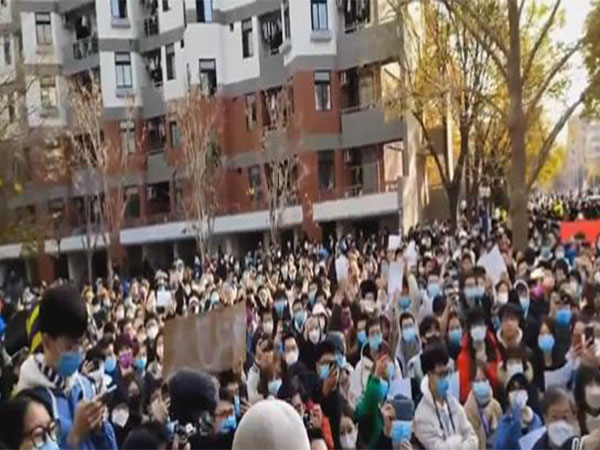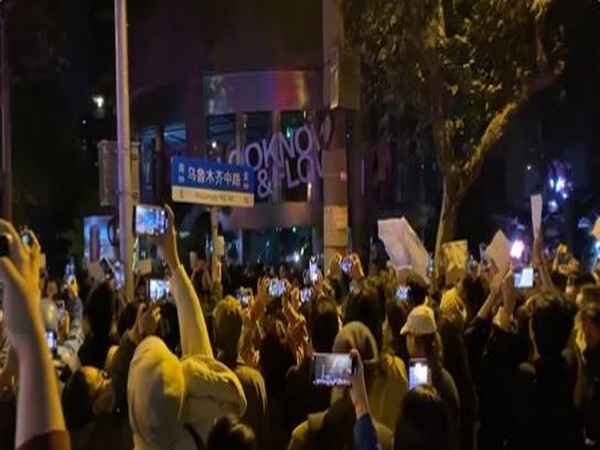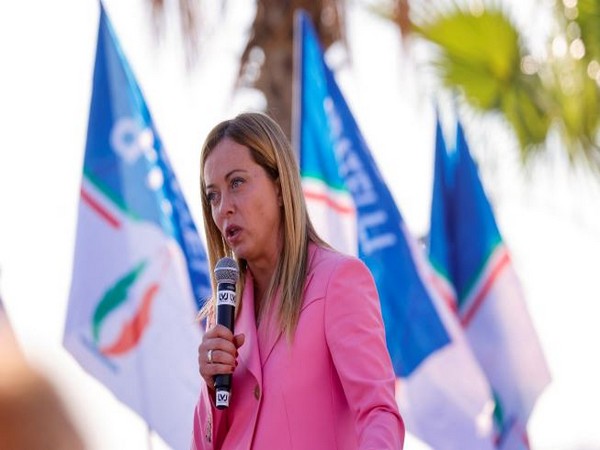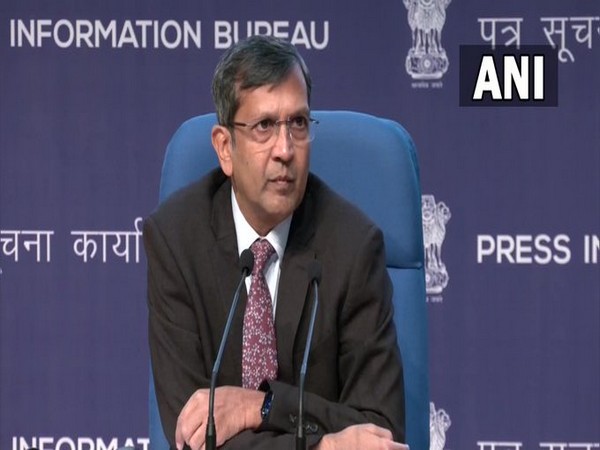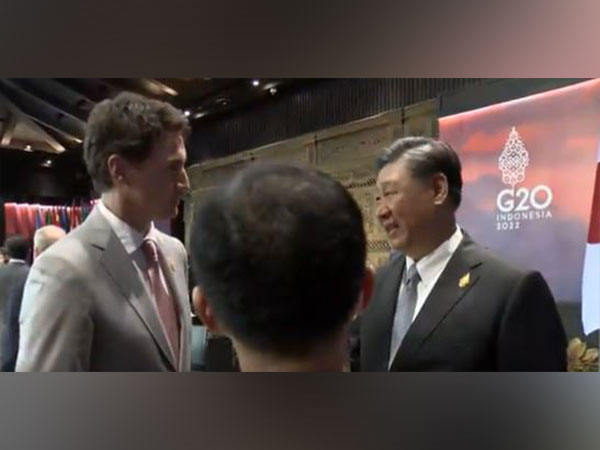With the aim to modernize, diversify, and expand nuclear forces, China has accelerated its nuclear expansion and plans to field a stockpile of about 1500 warheads by its 2035 timeline.
In a report titled “Military and Security Developments Involving the People’s Republic of China (PRC), Pentagon said Beijing probably accelerated its nuclear expansion last year, surpassing the operational 400 nuclear warheads stockpile.
“The Department of Defence estimates that the PRC’s operational nuclear warheads stockpile has surpassed 400,” the US Defense Department said in the report.
“The PLA (People’s Liberation Army) plans to basically complete modernization of its national defence and armed forces by 2035. If China continues the pace of its nuclear expansion, it will likely field a stockpile of about 1500 warheads by its 2035 timeline,” it adds.
According to Pentagon, the PRC aims to modernize, diversify, and expand its nuclear forces over the next decade. Compared to the PLA’s nuclear modernization efforts a decade ago, current efforts exceed previous modernization attempts in both scale and complexity, the report said.
“The PRC is investing in and expanding the number of its land-, sea-, and air-based nuclear delivery platforms and constructing the infrastructure necessary to support this major expansion of its nuclear forces,” it adds.
On the “operational structure and activities on china’s periphery,” the Pentagon report said the PRC continues to refine military reforms associated with the establishment of the Eastern, Southern, Western, Northern, and Central Theater Commands, based on its perception of peripheral threats.
The Western Theater Command, oriented toward India and counterterrorism missions along China’s Central Asia borders, is geographically the largest theater command within the PRC and is responsible for responding to conflict with India and terrorist threats in western China, the report said.
According to Pentagon, PLA units located within the Western Theater Command include 76th and 77th Group Armies and ground forces subordinate to Xinjiang and Xizang Military Districts; three PLAAF bases, one transportation division, and one flying academy; and one PLARF base.
“PAP units responsible for internal security operations are also likely under the control of the Western Theater Command. Within China, the Western Theater Command focuses on Xinjiang and Tibet Autonomous Regions, where the CCP perceives a high threat of separatism and terrorism, particularly among Uyghur populations in Xinjiang,” it adds. (ANI)
Read More: https://lokmarg.com/
